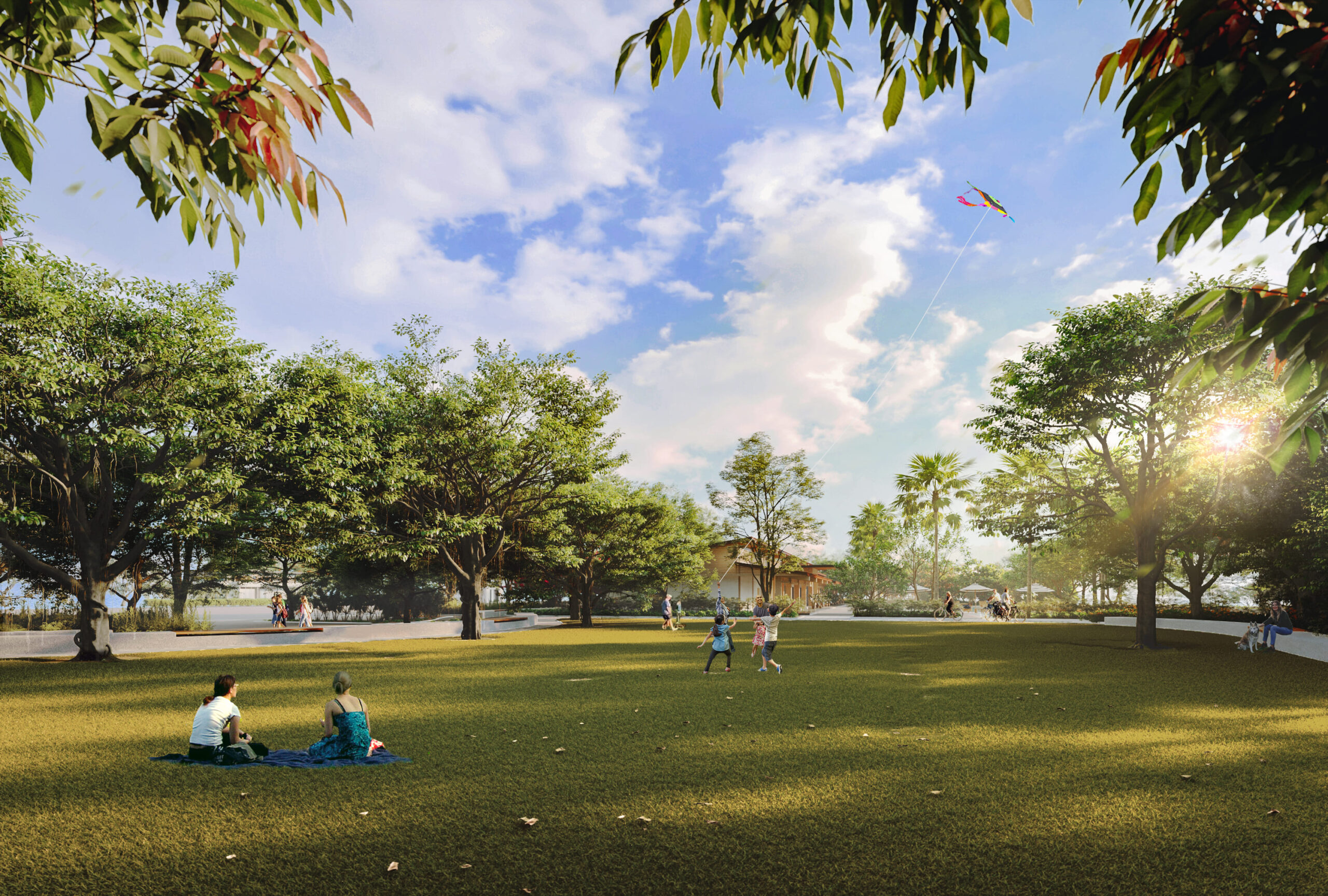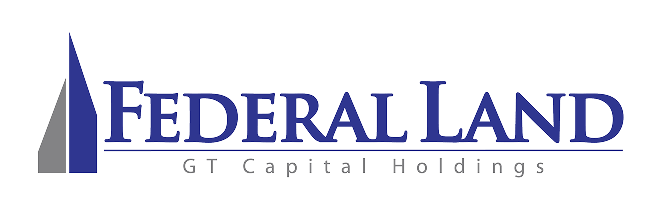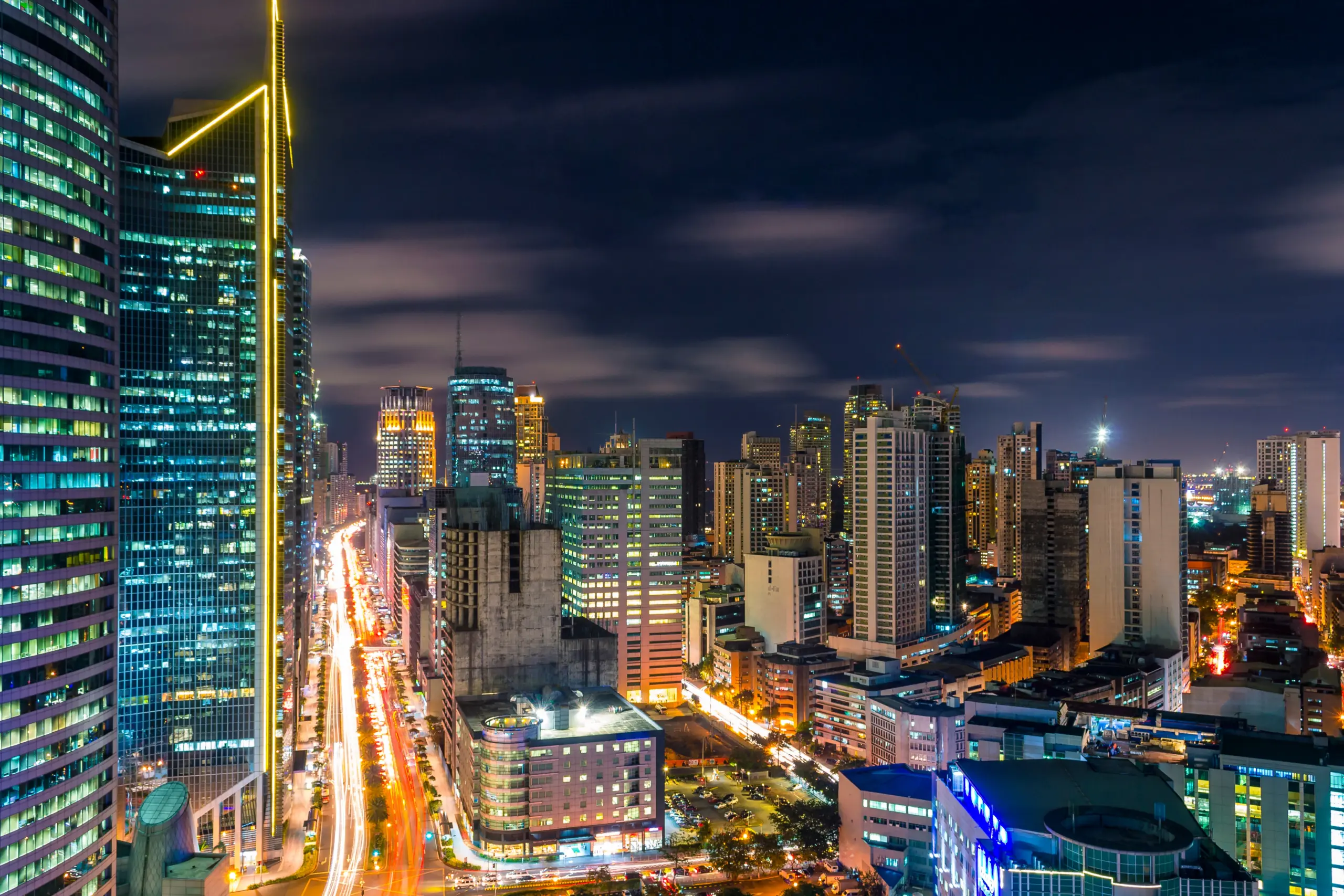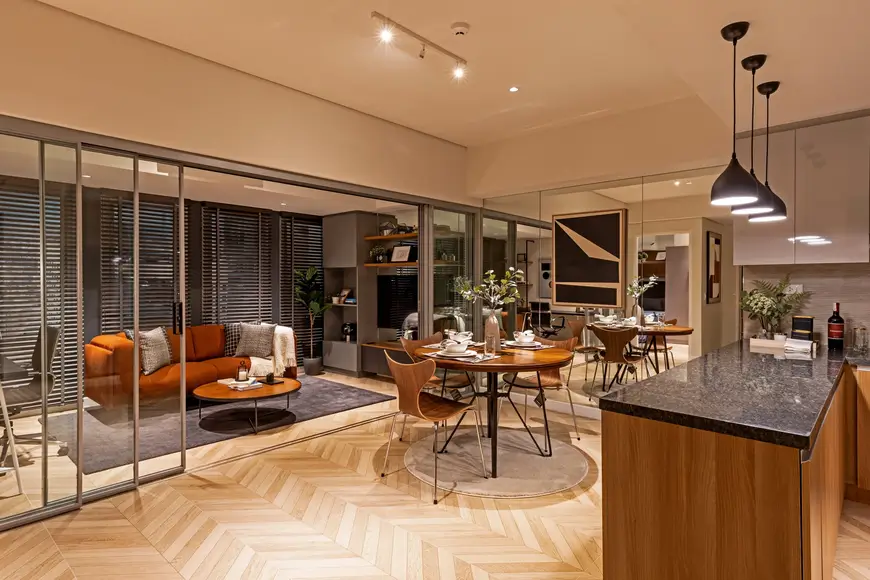An Expat’s Guide to Buying a Condo in the Philippines

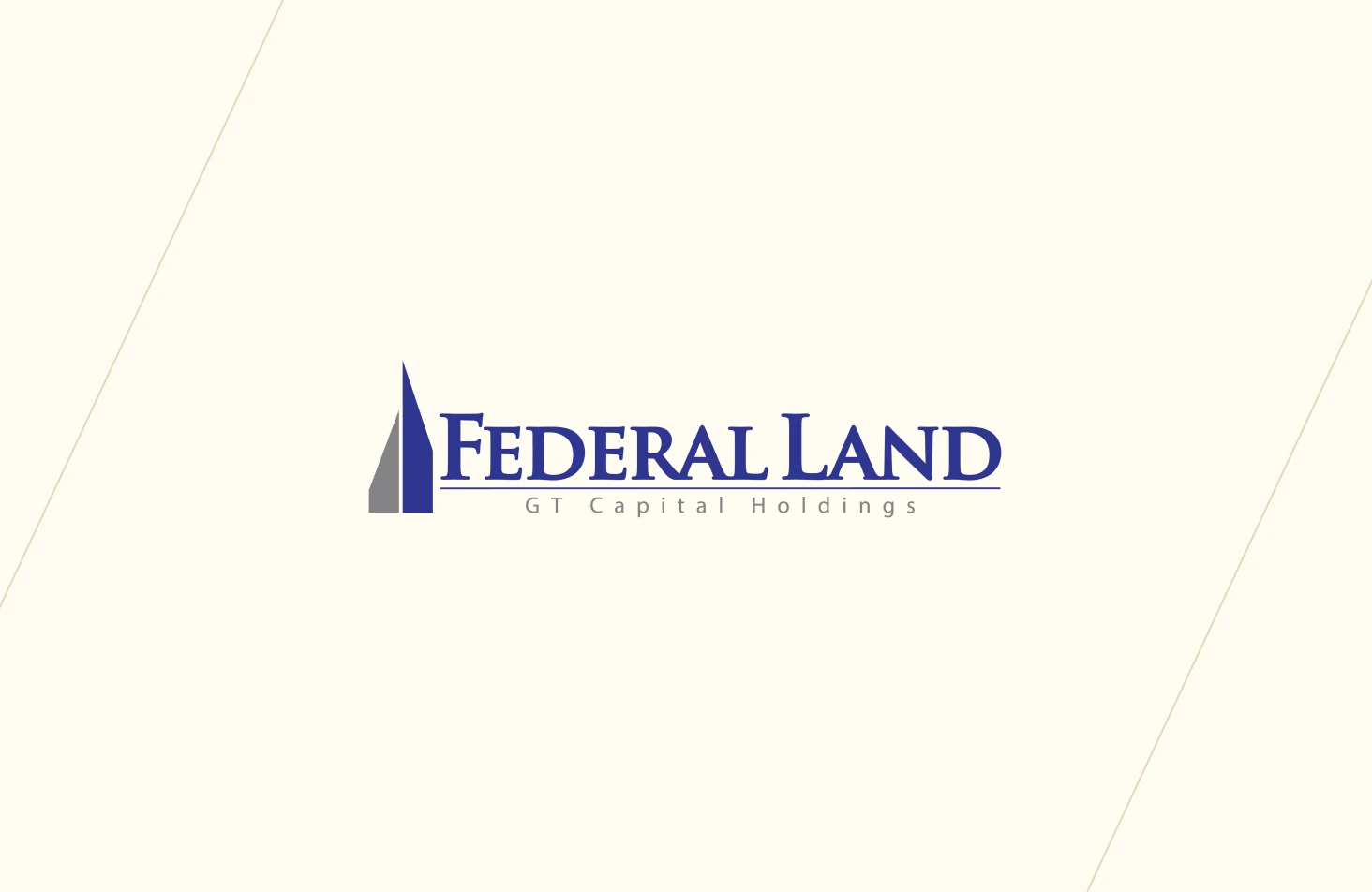

Can a Foreigner Own a Condo in the Philippines?
The answer is Yes, albeit with restrictions. Land and property ownership regulations in the Philippines prohibit foreigners from becoming sole owners of any real estate properties. Because of this, Filipino corporations must own at least 60% of the property. In addition, only natural-born Filipinos and Filipino nationals or citizens can acquire land. However, RA4726, also known as The Condominium Act, stipulates that foreigners can buy a condo unit if the property does not exceed 40% of the condo development. As such, you can own a condo unit even if you are an expat.The Condo Buying Process for Expats
Documents You’ll Need
As with any property purchases, there are documents you’ll have to prepare and provide so that you can own a condo in the Philippines. Here are the required documents.- Visa – this document is proof that immigration authorities have given you a clearance to proceed to the Philippines. It is issued at a Philippine Embassy or Consulate at your home country.
- Alien Certificate of Registration (ACR) – this is an identification card that is given to all registered aliens whose stay in the country exceeds 59 days. This is given by the Philippine Bureau of Immigration.
- Proof of legal residence in the Philippines – you can use IDs and documents with your address indicated on a field, or use billing statements under your name from utility companies.
- Proof of wages or certificate of employment – this can be in the form of company IDs or getting a certificate of employment (COE) from your employer.
- Letter of Intent (LOI) to Purchase – the letter of intent is a document that indicates that you have agreed to the key terms and conditions of the transaction with the seller. Real estate brokers usually supply a template of this.
- Contract to Sell provided by the broker or developer – this is a binding agreement between the buyer and seller where the buyer promises to buy the property and the seller to sell the property only to the buyer. However, there is no transfer of property yet until some more conditions are met.
- Deed of Absolute Sale – once the full payment and other obligations like taxes have been met can the Deed of Absolute Sale be released. This is also proof that the unit is now your property.
- Tax Declaration – this is issued by the Assessor’s Office where the property is located.
- Reservation Application Form – when buying a condo unit in its pre-selling phase, you’ll need to reserve your slot for it by filing this form and settling on the downpayment.
- Buyer’s Information Sheet – this is the form given by the condo developers to collect some important information from you.
- Bureau of Internal Revenue (BIR) Form 1904/1903 – this is a form for foreigners to use for registering and applying for a Tax Identification Number (TIN) from the nearest revenue district office (RDO) of the Bureau of Internal Revenue (BIR).
Steps to Buying a Condominium for Foreigners
1. Find a knowledgeable real estate agent
As a foreigner, you may not know the local property scene or the nitty-gritty of investing in real estate, which can put you on the back foot or overwhelm you. In this case, local experts can provide you with insights, advice, and recommendations on your real estate investment. Real estate experts and agents, such as those from Federal Land, are the best people you can approach so that you won’t have a hard time dealing with unclear real estate terms and definitions. They can also help you find the best condo deals in the market.2. Look up properties from reputable property developers
Don’t settle on the first condo unit you see. There are many options to choose from. However, exploring condo units from reputable property developers like Federal Land is the best way to find a well-built condo that matches your quality and safety standards. They’ve already established an outstanding track record in building high-quality properties in prime spots in key cities. With that, you can narrow down your list of possible locations and units.3. Submit a Letter of Intent (LOI)
Submitting a Letter of Intent is the first step to formally initiate the condo buying process. This document signifies your expressed interest in purchasing a certain property. Once both parties agree with the general terms and conditions of the sale, they can both sign the LOI and continue to the next step of the buying process.4. Ask a lawyer to draft a Deed of Absolute Sale (DoAS)
A DoAS is required for the property title to be transferred under your name. This document indicates all the terms and conditions of the sale, so you’ll need a lawyer to draft one for a smooth transfer of all property rights from the seller’s name to yours.5. Pay any outstanding fees
The cost of owning a condo goes beyond the property price. Condo ownership also involves other fees such as notary fees, property taxes, and real estate tax. Before you have the title under your name, you’ll also need to pay several transaction fees. More on these fees in the succeeding section.6. Move in!
Once all fees have been settled and relevant documents have been secured, you can now move into your new home!Transaction Fees
Capital Gains Tax
Property sellers are usually the ones who pay for this tax. However, buyers shoulder this in some cases with the amount included in the sale price. This tax is imposed on a property investment and costs 6% of the condo unit’s actual price, zonal value, or fair market value, whichever is higher.Documentary Stamp Tax
A documentary stamp tax is used to process relevant papers and documents necessary for transferring and accepting property rights from one individual to another. This costs 1.5% of the property’s sale price, zonal value, or fair market value, whichever is higher. Although the buyer normally pays this tax, you can negotiate with the seller to shoulder the cost instead.Transfer Tax
This is payment for transferring the title or ownership of the condo unit to your name. It costs between 0.5% and 0.75% of the total sale price, depending on where the property is located.Title Registration Fee
After having the rights and the title given to you, you’ll need to register it in the Registry of Deeds. This will cost approximately 0.25% of the sale price. However, it may change depending on the published registration fee table of the town or city where your property is located.Notary Fees
You’ll also have to pay for your documents to be notarized, with a price of about 1% to 2% of the property’s selling price. This verifies the signatories’ identities and their knowledge of the documents they have signed.Other Recurring Fees
Owning a condo property involves the payment of these homeowner fees, as well.Association Dues
These are the monthly dues paid to your condo’s Homeowners Association (HoA) for the general upkeep of the condominium. Depending on the type and the size of your unit, the developer determines the amount to be paid based on a set price per square foot.Amenity Fees
Amenity fees are your payment for using the facilities in the condo, such as the swimming pool, function rooms, and more. This is usually included in the association dues, but some condos may require a separate payment. You may need to pay for a parking space, too.Yearly Property Tax
This is an annual tax that the government imposes on your property. Your property tax can vary depending on its type or location, but the rate is typically 2% within Metro Manila and 1% in the provinces.Top Cities for Expats in the Philippines
1. Makati
Makati City is great for expats because it’s near Metro Manila business districts. There are numerous high-end condos you can choose from, like the Paseo De Roces by Federal Land that sits along Don Chino Roces Avenue in Makati. Its close proximity to the Central Business District and to other cosmopolitan destinations is what young professionals and start-up families are looking for.2. BGC
Federal Land’s Grand Hyatt Manila Residences is the first residential development in Southeast Asia that carries the esteemed Grand Hyatt name. This condo for sale in BGC is surrounded by many lifestyle amenities, retail and dining options and top-notch companies, so you won’t have to go far to work or unwind.3. San Juan City
For expats bringing their family with them, San Juan City can be the right fit. It’s a family-friendly city with accessible amenities like hospitals, shopping malls, and the like. It also has numerous local and international schools. The One Wilson Square, a condo for sale in Greenhills, will certainly make you feel at home in a new country.4. Cebu
If you’re looking for a mix of nature and city life, the Marco Polo Residences, condo in Lahug, Cebu may be right up your alley. Known as Visayas’ prime business hub and for its rich cultural heritage, Cebu can give you the best of both worlds that many expats look for.Feel at Home in a New Country
The Philippines is one of the best countries for foreigners and expats to settle down. There are numerous cities where you can feel at home in friendly and cozy communities. However, buying real estate is already hard enough, and being in a new country may make it more complicated. Knowing the local real estate market, practices, and trends can help you make the best decision in choosing your Philippine home. Federal Land’s knowledgeable real estate professionals can help you in your homebuying journey. Federal Land has ready-for-occupancy (RFO) condos for sale in the Philippines with world-class facilities and amenities, which are located in prime spots with high investment potential to boot.
Melecio Martin G. Arranz IV
Digital Marketing Head
Martin is an experienced marketer with over 16 years of experience across various industries including real estate, banking and finance, technology, and advertising.
Martin has a broad range of expertise in having handled campaigns, brand launches, activations both in the traditional and digital space. Currently serving as the Digital Marketing Head at Federal Land, Martin leads a team focused on managing digital sales and platforms for the residential, estates and commercial business units.
linkedinINQUIRE NOW
Let us know what you are looking for. Get updated portfolio delivered straight to your inbox.
